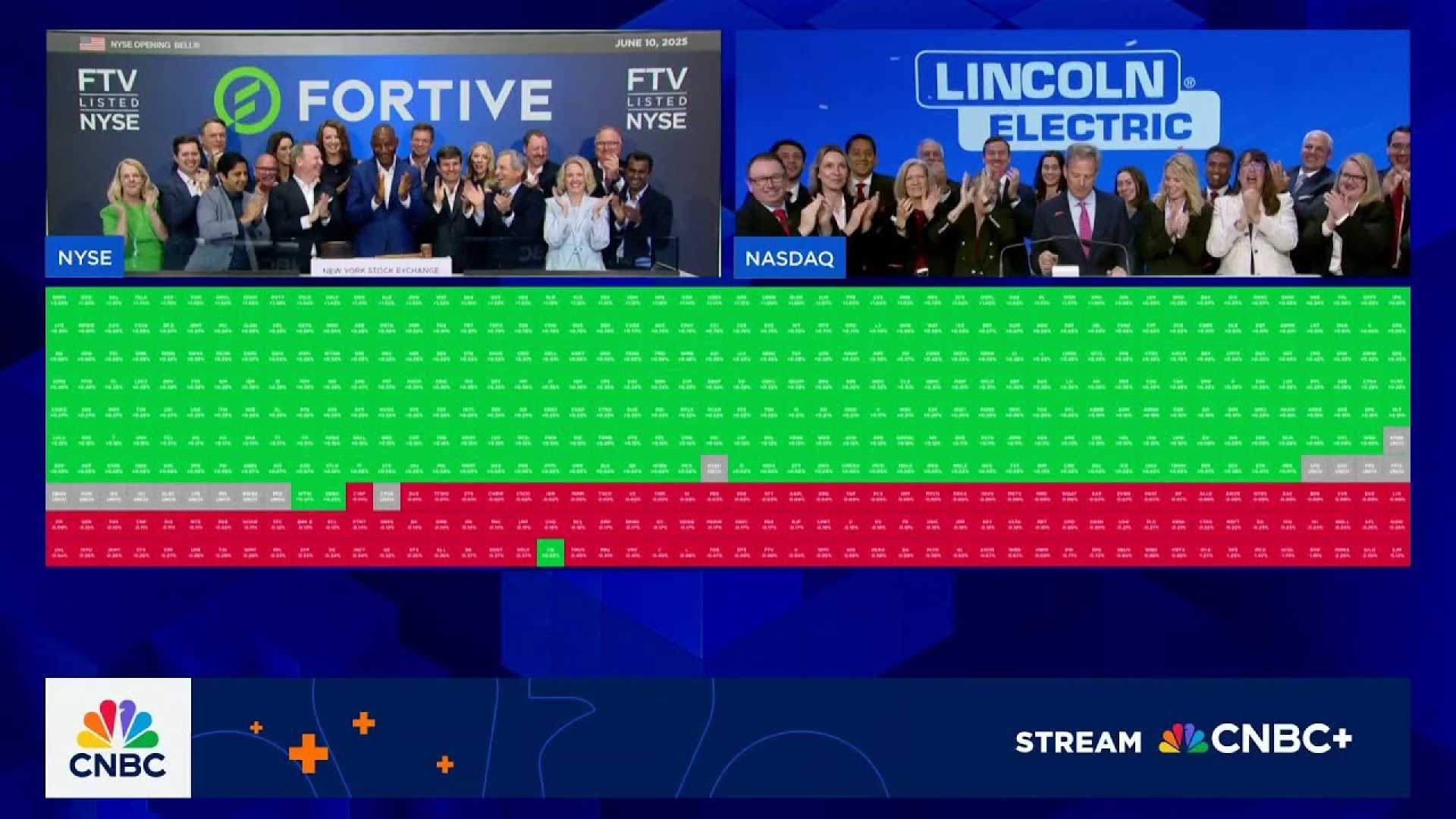Business
Investors Anticipate Economic Data Amid Stock Market Rally

NEW YORK, June 27 (Reuters) – Investors are shifting their focus to key economic data and policy developments next week, following a recent surge in U.S. stocks driven by optimism over interest-rate cuts and easing geopolitical tensions.
The S&P 500 and Nasdaq Composite both rose on Friday, marking the first significant upward movement in months. The rally comes as concerns about conflict between Israel and Iran have softened, which had previously unsettled investors.
Looking ahead, attention will be on Washington, where President Donald Trump is urging Republicans to pass a bill by July 4. Moreover, the monthly employment report is set to be released on Thursday, providing key insights into the U.S. economy. U.S. stock markets will be closed on Friday, July 4, in observance of Independence Day.
Matthew Miskin, co-chief investment strategist at Manulife John Hancock Investments, noted that Citigroup’s U.S. economic surprise index has been declining, indicating data has not been meeting Wall Street expectations. “After some softer May data, the June data is really going to be under a microscope,” Miskin said, adding that if further deterioration occurs, it could grab the market’s attention.
According to a Reuters poll, the U.S. economy is expected to have added 110,000 jobs in June, a slowdown from May’s increase of 139,000 jobs. Although the number of new jobless claims decreased last week, analysts believe the unemployment rate might rise in June as more laid-off workers struggle to find new jobs.
Brent Schutte, chief investment officer at Northwestern Mutual Wealth Management, emphasized that the labor market will be under close scrutiny in the coming weeks. “The labor market right now is front and center,” he stated.
Employment data may influence expectations regarding future interest rate cuts by the Federal Reserve, which many investors are monitoring as inflation rates are evaluated. Fed Chair Jerome Powell has expressed caution about the impact of higher tariffs on inflation, but recent conversations suggest there is a stronger case for rate cuts.
The upcoming July 9 deadline for tariff increases on various countries could further influence market sentiment. U.S. Treasury Secretary Scott Bessent mentioned that tariffs could be finalized by September 1, following discussions with 18 main U.S. trading partners.
Following a significant downturn in April due to Trump’s “Liberation Day” tariff announcement, stocks have rebounded sharply, easing recession fears. Yet, the market remains sensitive to developments in trade negotiations.
Investors are also closely watching a fiscal bill in Congress, looking for insights on stimulus measures and potential federal deficits. The S&P 500 has risen about 5% since the beginning of 2025, with July historically being a strong month for the index.
Second-quarter corporate earnings will soon begin, with concerns surrounding the impact of tariffs on profits and consumer spending. Expected S&P 500 earnings growth stands at 5.9% compared to last year, according to LSEG IBES data.
“We’ve been in a geopolitically focused market over the past several weeks,” said Josh Jamner, senior investment strategy analyst at ClearBridge Investments. “I think the dawn of earnings season will refocus the market back towards fundamentals.”












